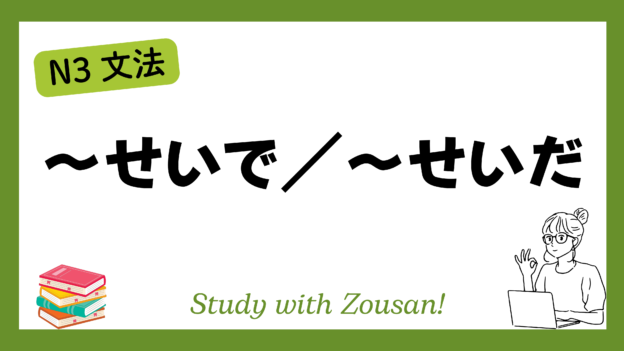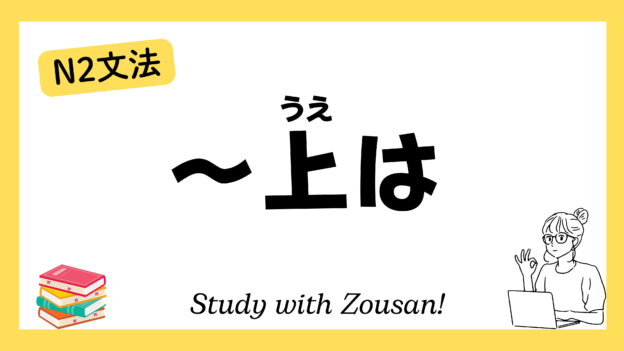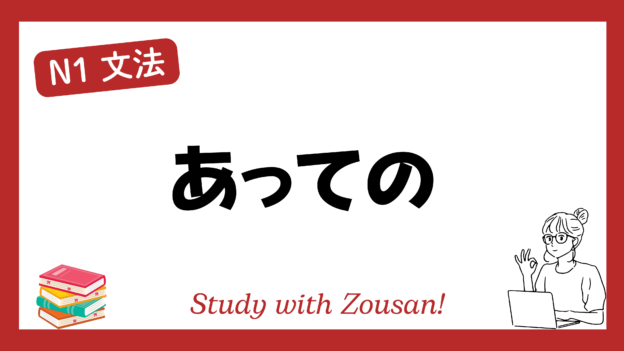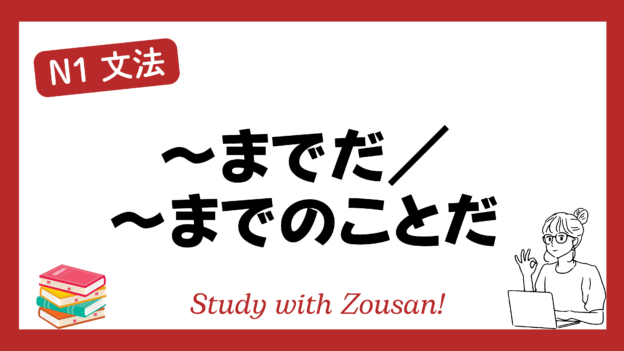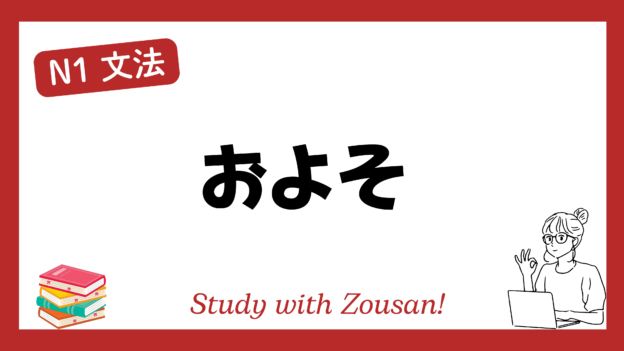N3文法:~せいで/せいだ
Meaning: “Because of…”, “Due to…” (negative cause)
“~せいで/せいだ” is used to express a negative reason or cause for an undesirable result. It is often used when something bad happens or when a negative situation is attributed to someone or something.
※Note: “~せいで” is followed by a negative consequence, while “~せいだ” is used to conclude the sentence, highlighting that the result occurred due to the stated cause.
Structure:
| Verb (casual) | + せいで/せいだ |
| Noun + の | |
| Adjective |
Example:
-
-
-
🌟 雨のせいで、試合が中止になった。
(あめ の せいで、しあい が ちゅうし に なった。)
Because of the rain, the match was canceled. -
🌟 彼の失敗のせいで、プロジェクトが遅れています。
(かれ の しっぱい の せいで、プロジェクト が おくれています。)
Due to his mistake, the project is delayed. -
🌟 交通渋滞のせいで、会議に遅れた。
(こうつう じゅうたい の せいで、かいぎ に おくれた。)
I was late for the meeting because of the traffic jam. -
🌟 彼が怒ったせいで、みんながびっくりしました。
(かれ が おこった せいで、みんな が びっくり しました。)
Everyone was surprised because he got angry. -
🌟 天気が悪いせいで、旅行がキャンセルされました。
(てんき が わるい せいで、りょこう が キャンセル されました。)
The trip was canceled due to bad weather. -
🌟 不注意のせいで、事故が起きた。
(ふちゅうい の せいで、じこ が おきた。)
The accident happened because of carelessness. -
🌟 ストレスのせいで、病気になった。
(ストレス の せいで、びょうき に なった。)
I got sick because of stress. -
🌟 彼女の態度のせいで、みんなが困っている。
(かのじょ の たいど の せいで、みんな が こまっている。)
Everyone is troubled because of her attitude. -
🌟 交通事故のせいで、道が閉鎖されました。
(こうつう じこ の せいで、みち が へいさ されました。)
The road was closed due to a traffic accident. -
🌟 彼の言葉のせいで、彼女が泣いてしまった。
(かれ の ことば の せいで、かのじょ が ないてしまった。)
She cried because of his words.
-
-



